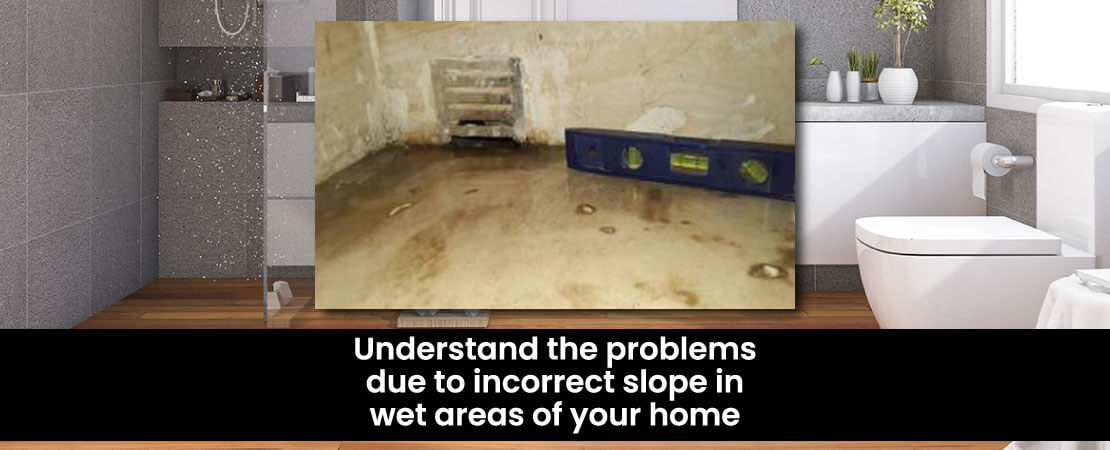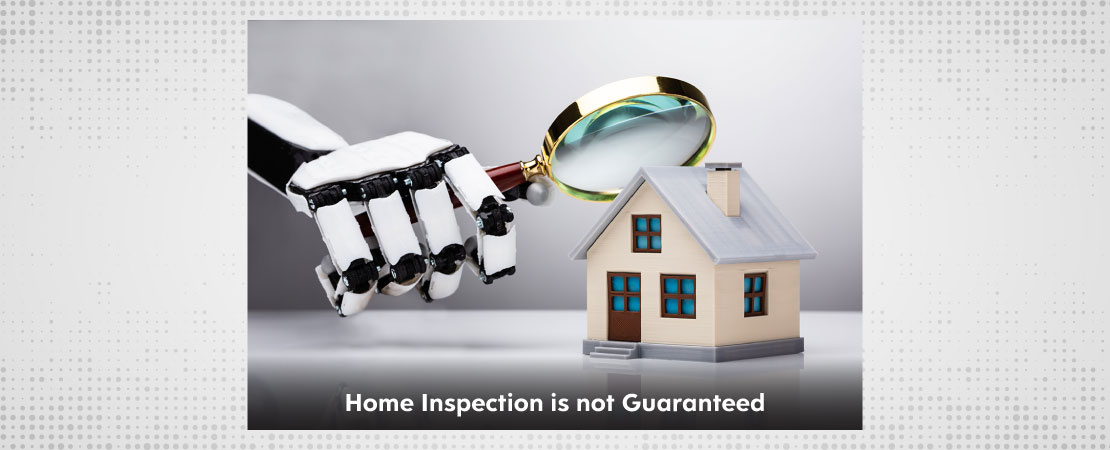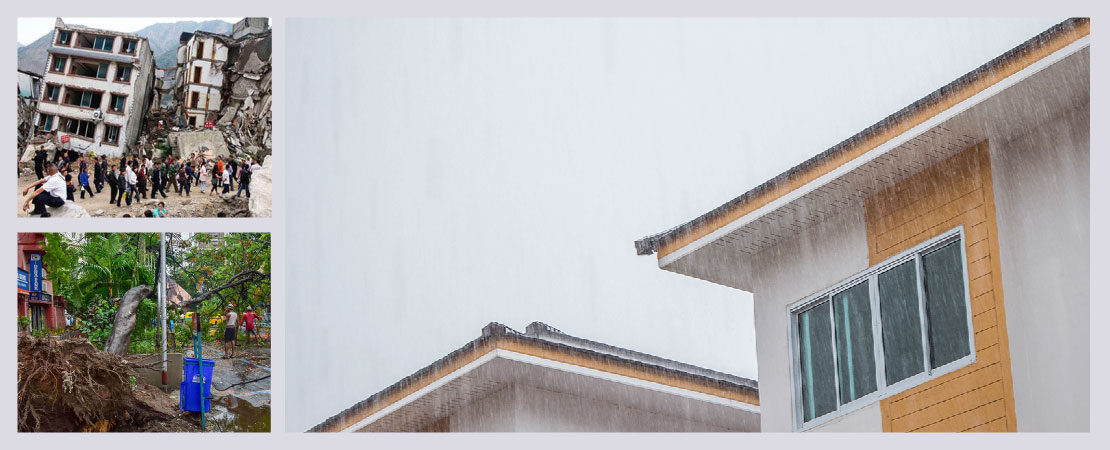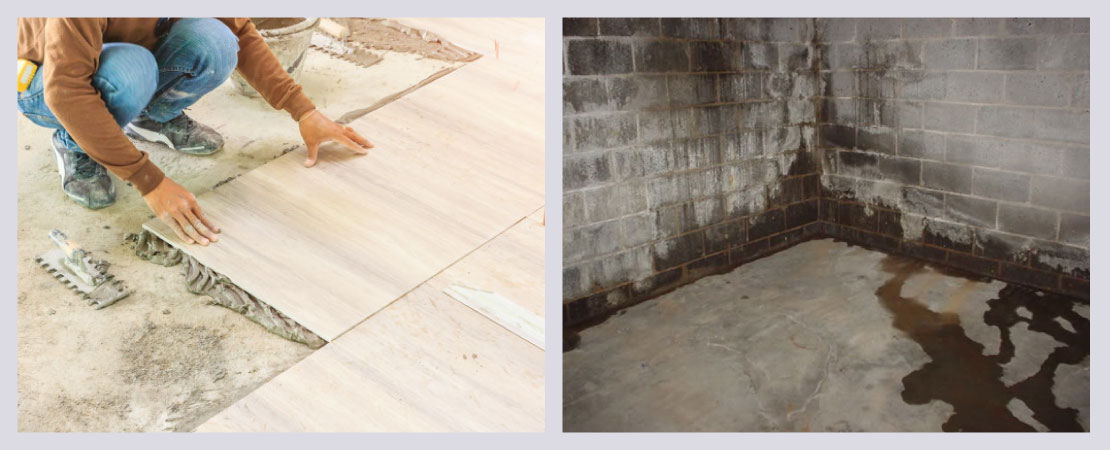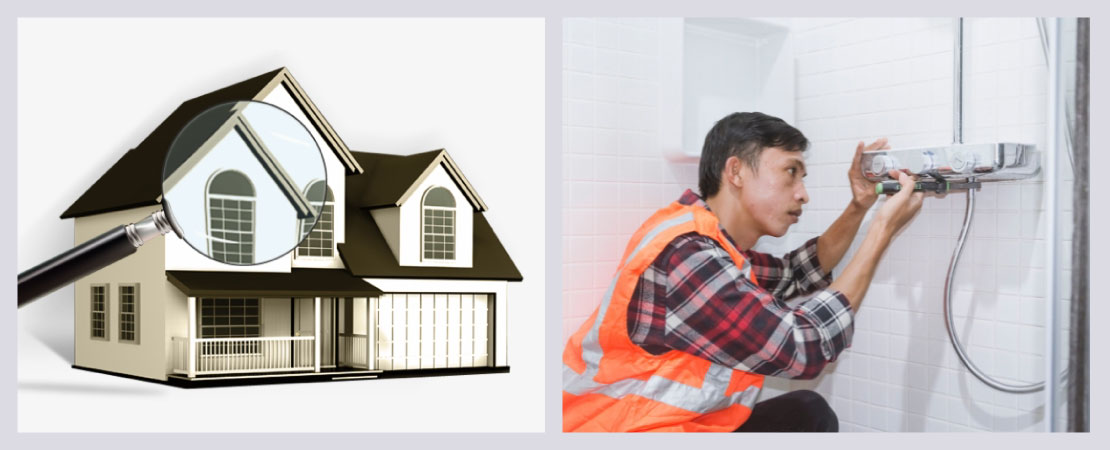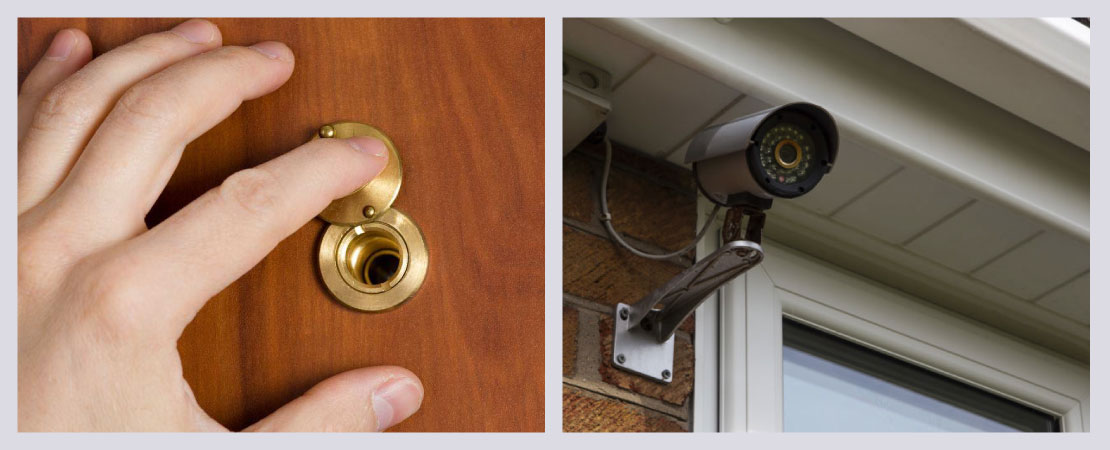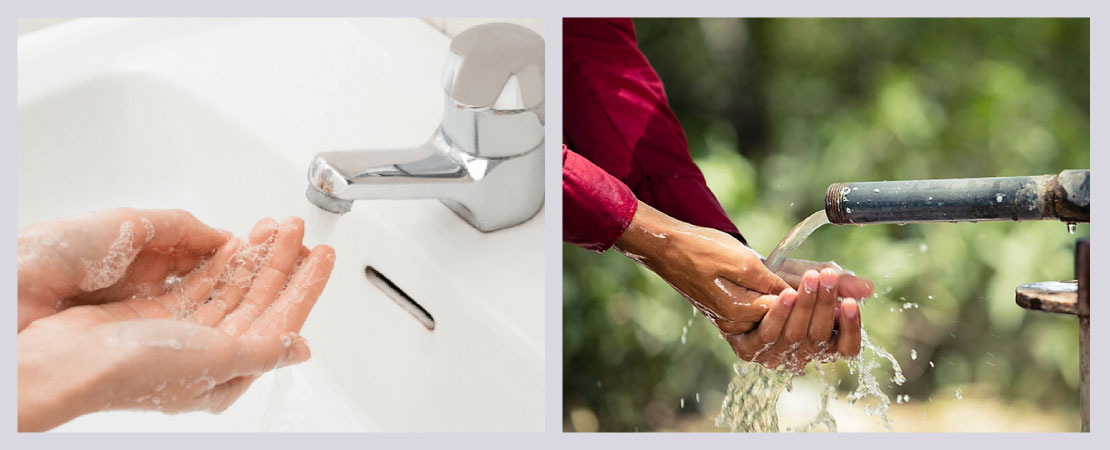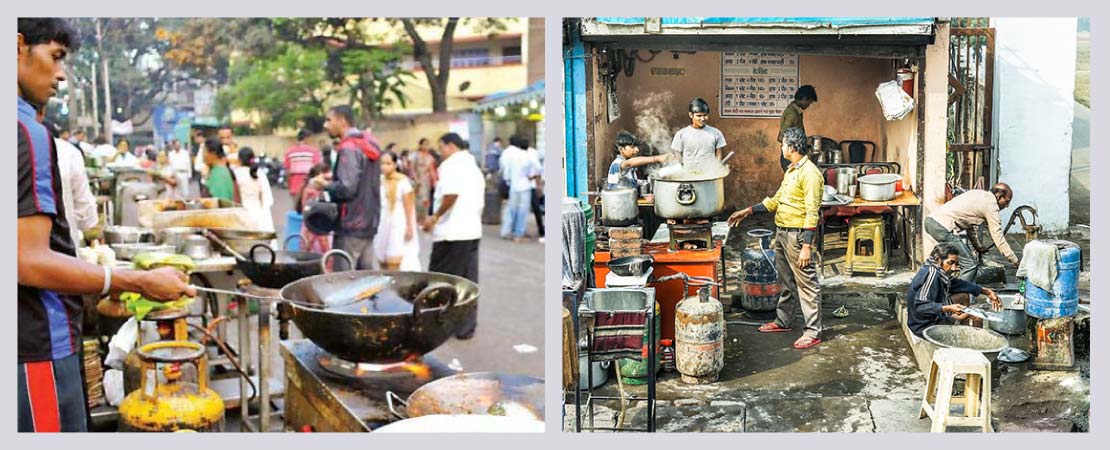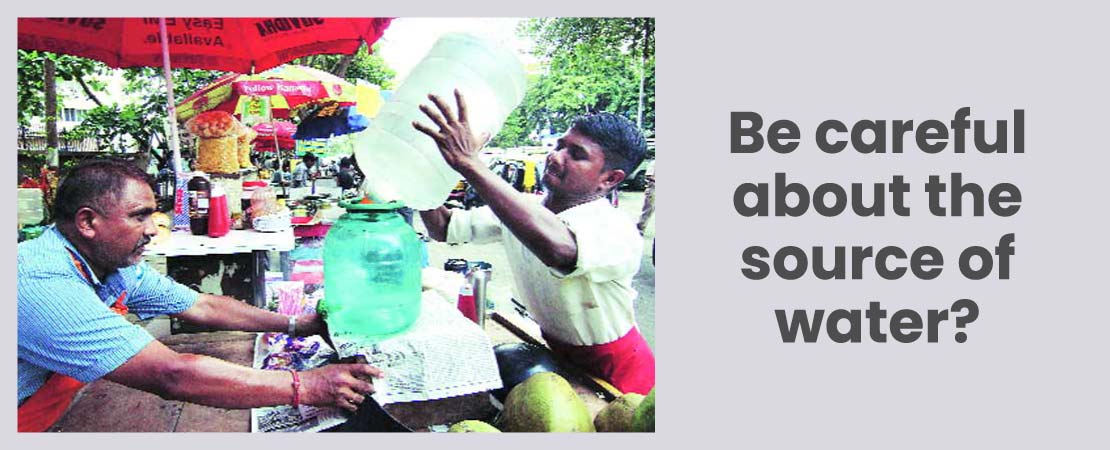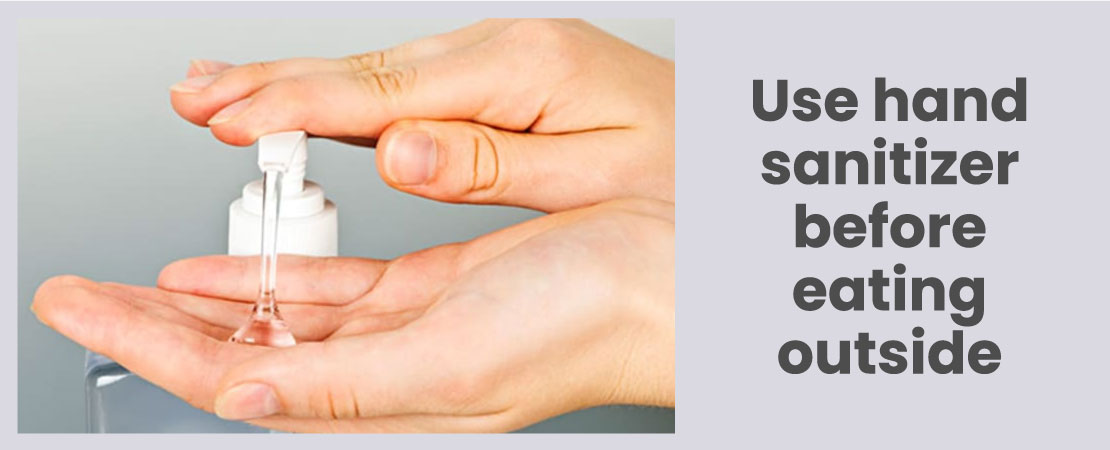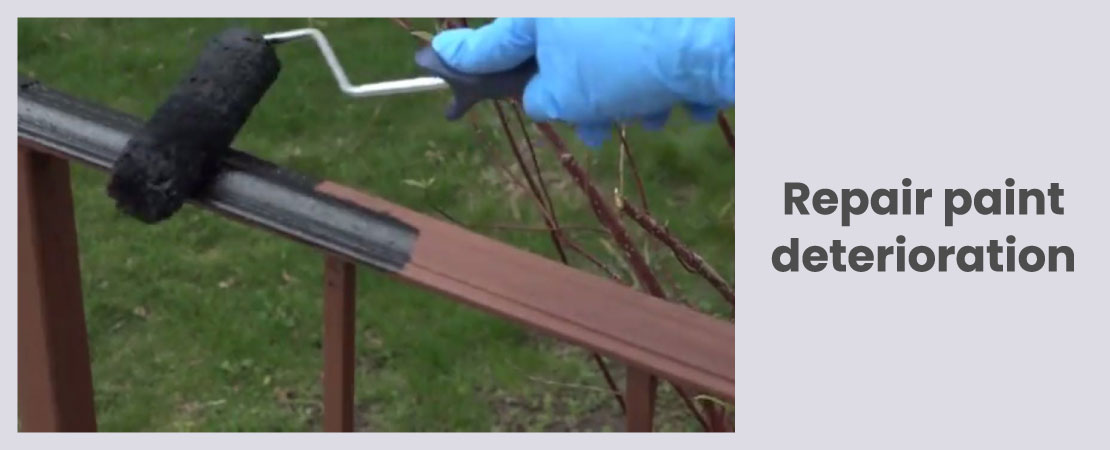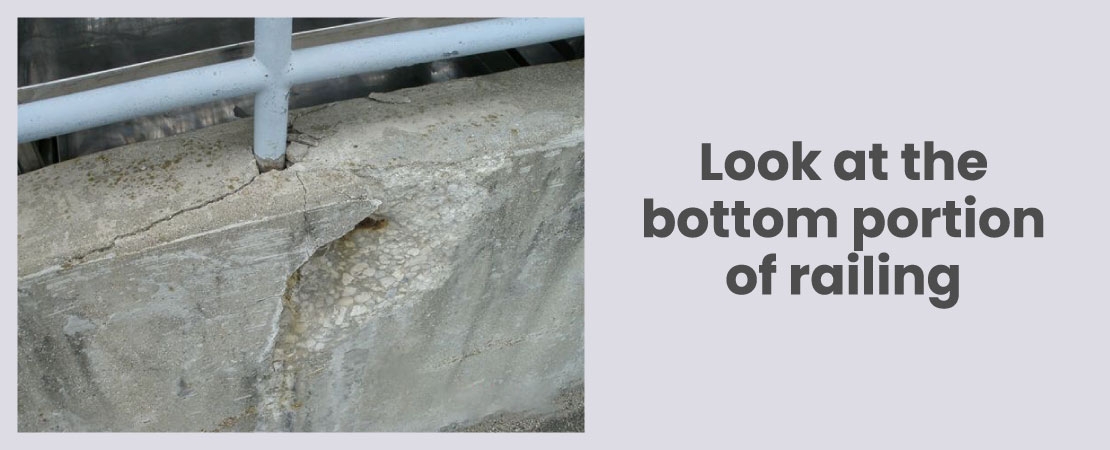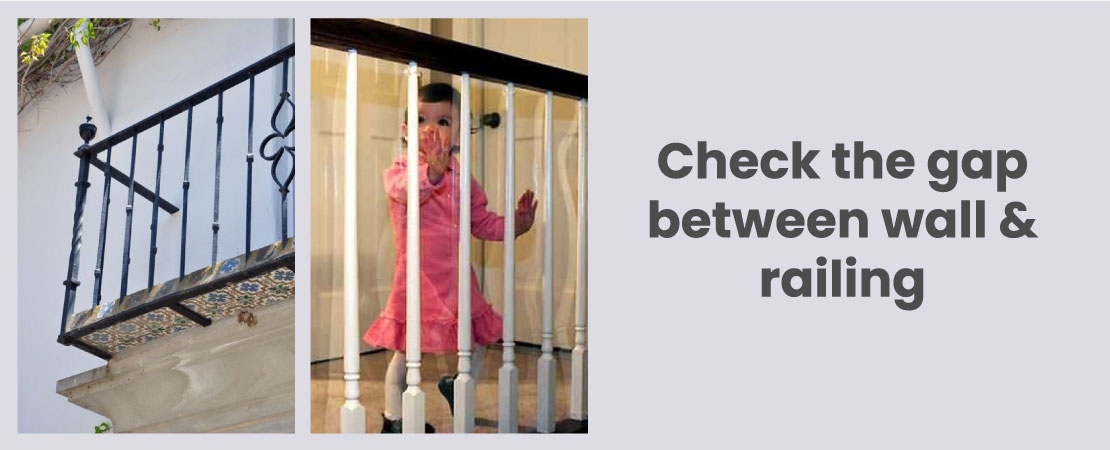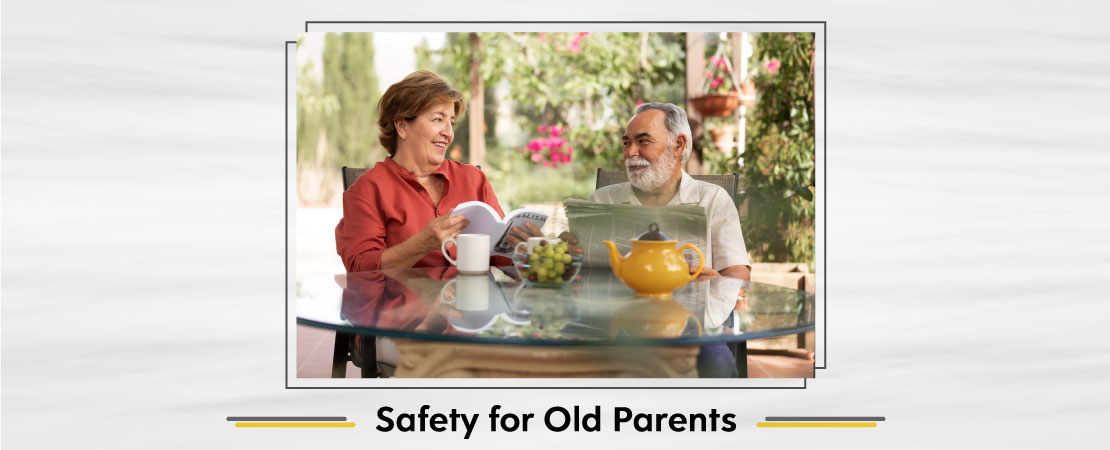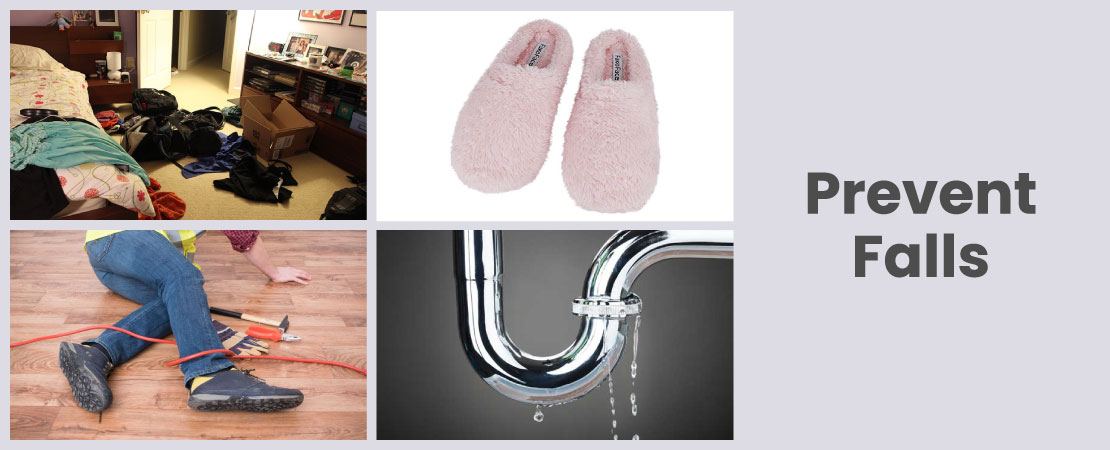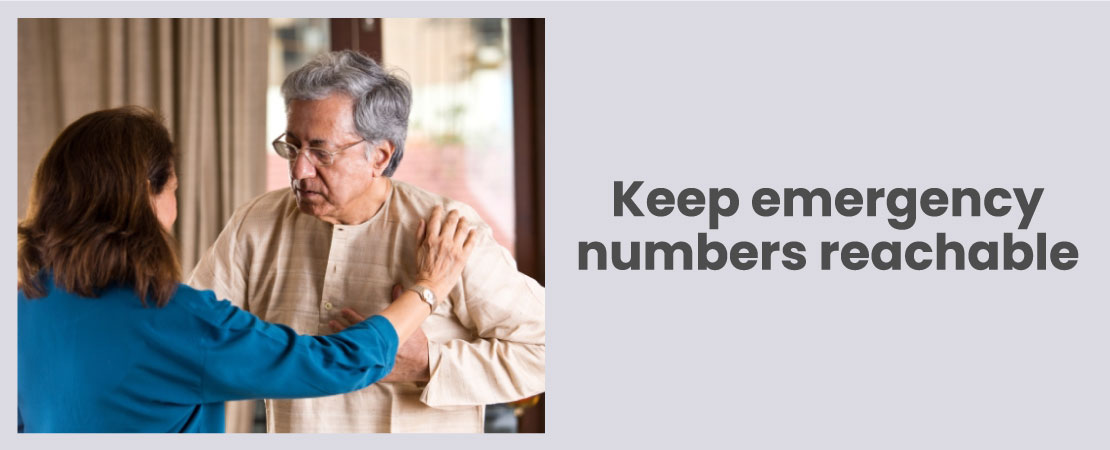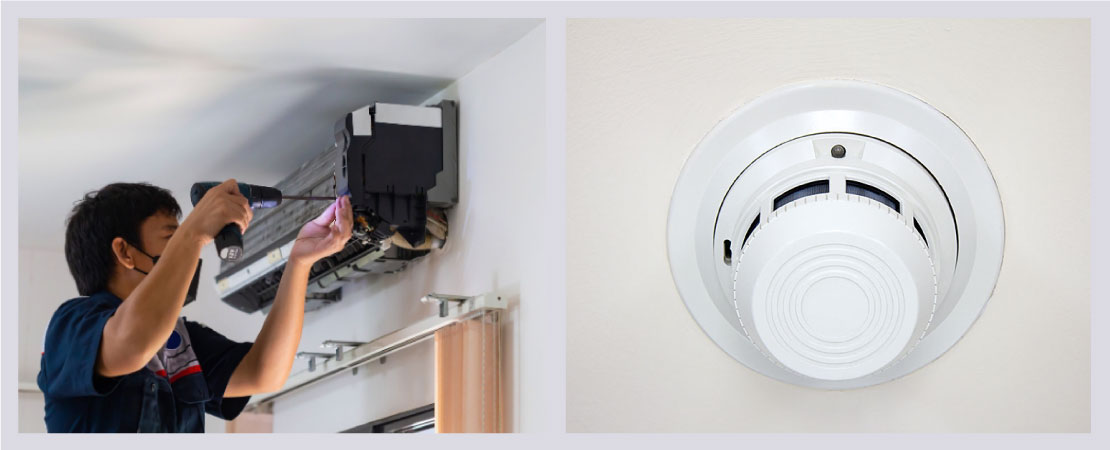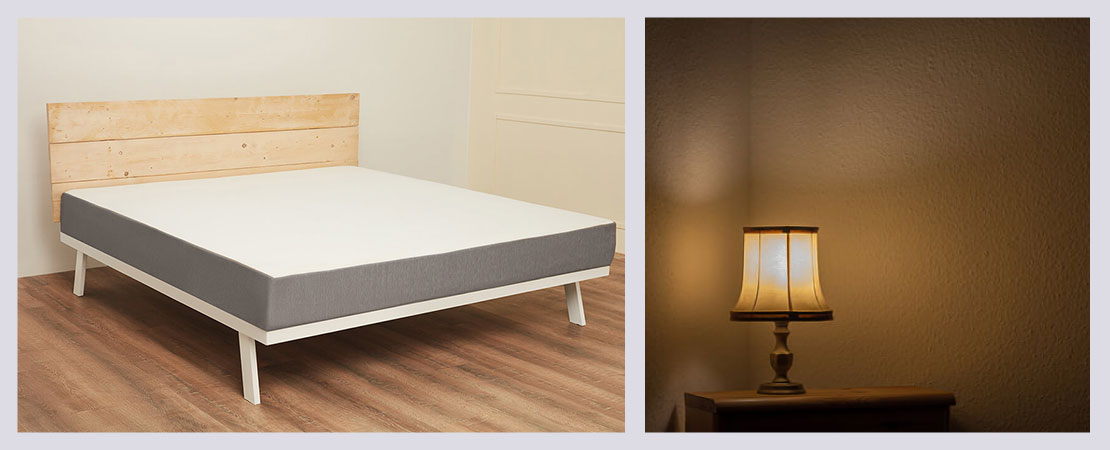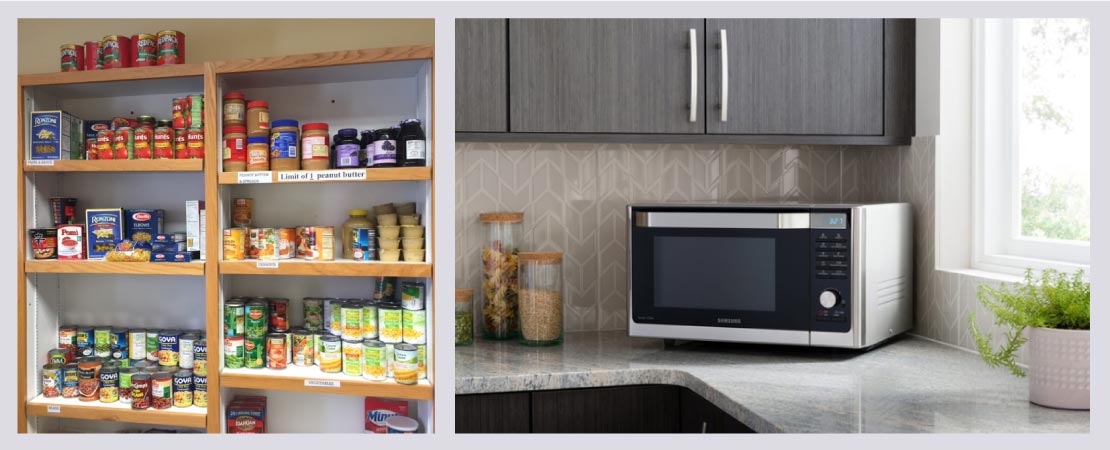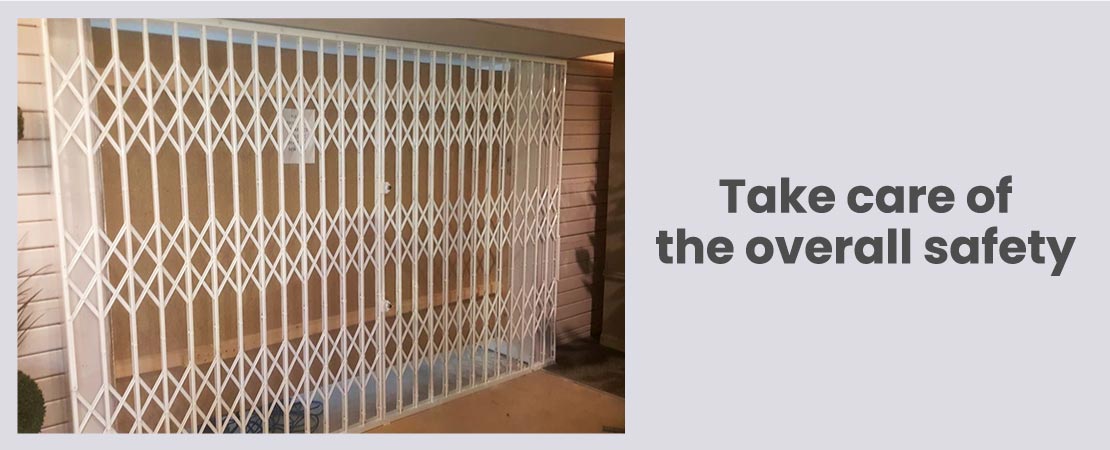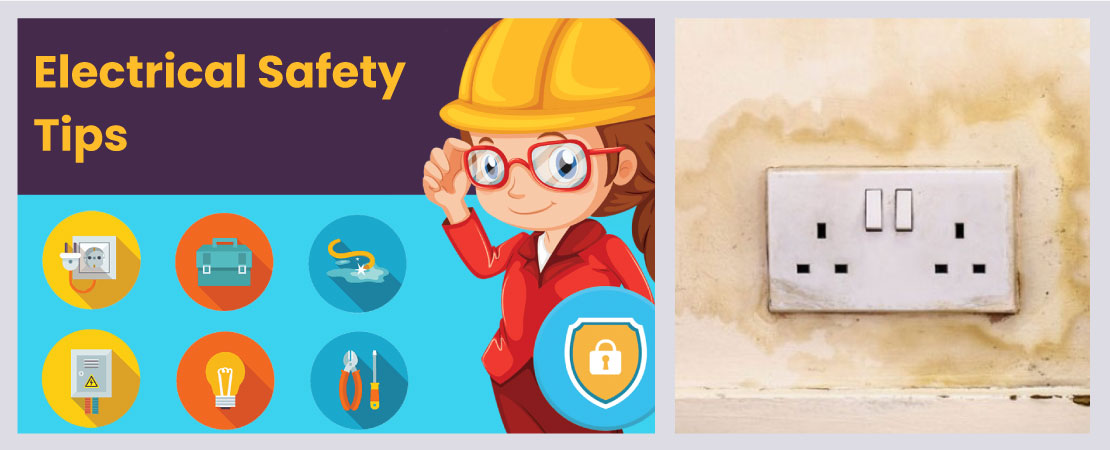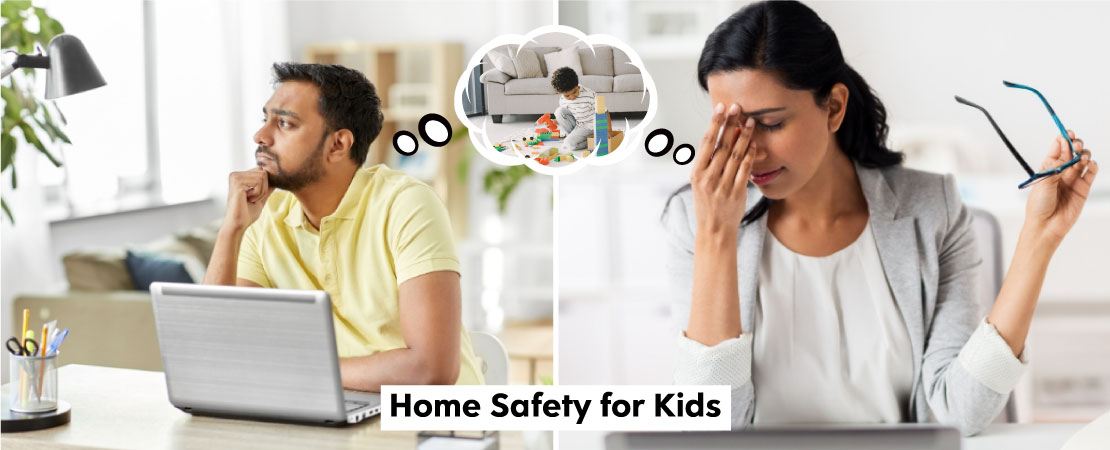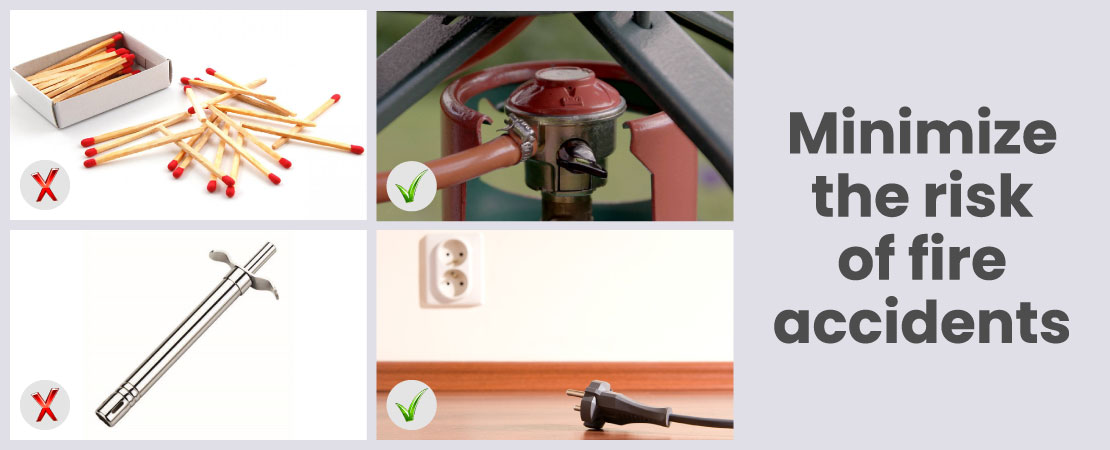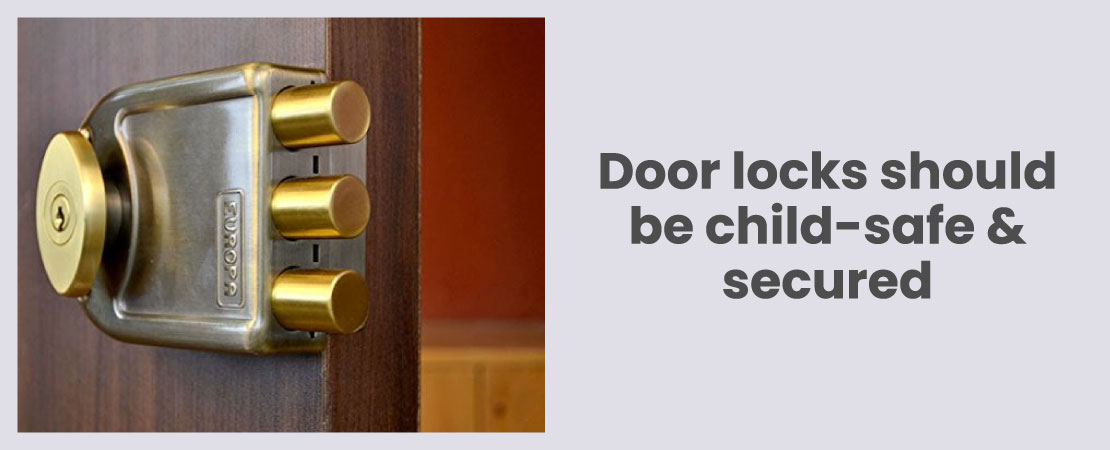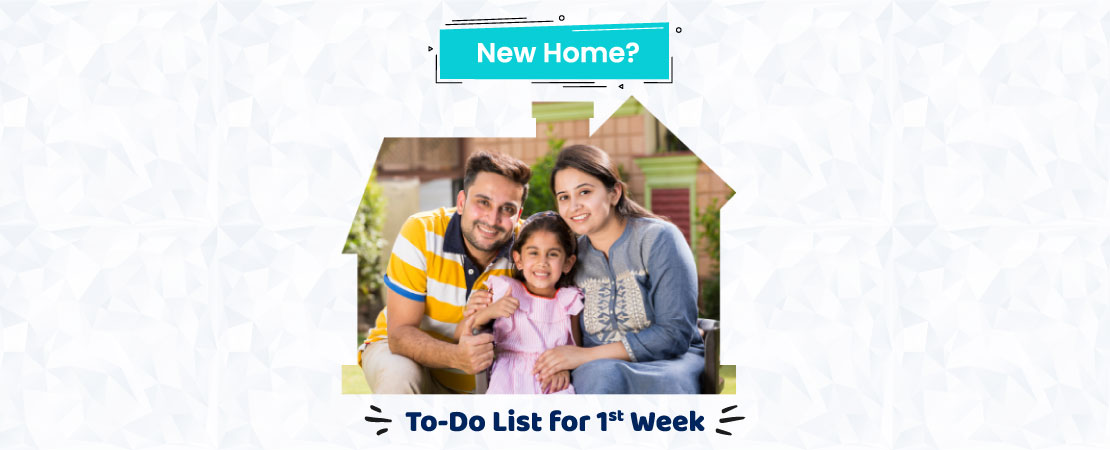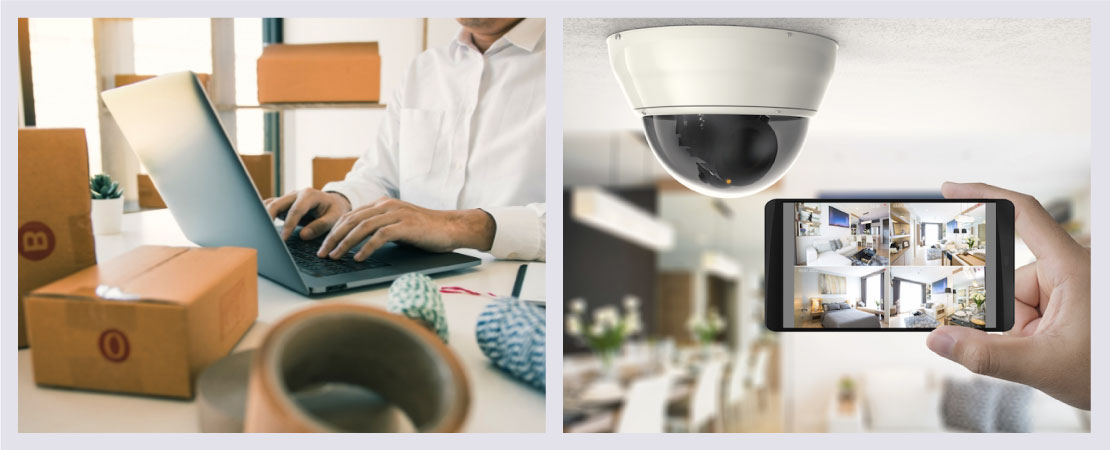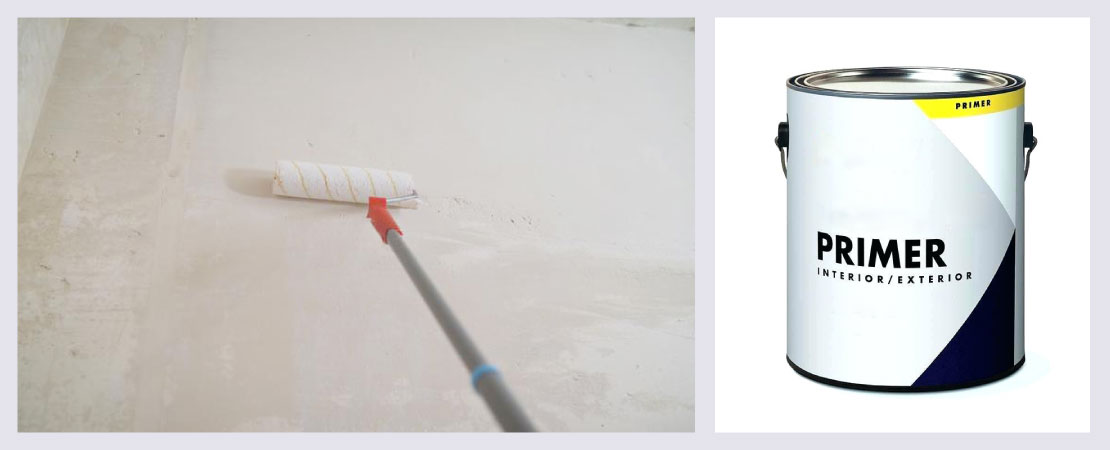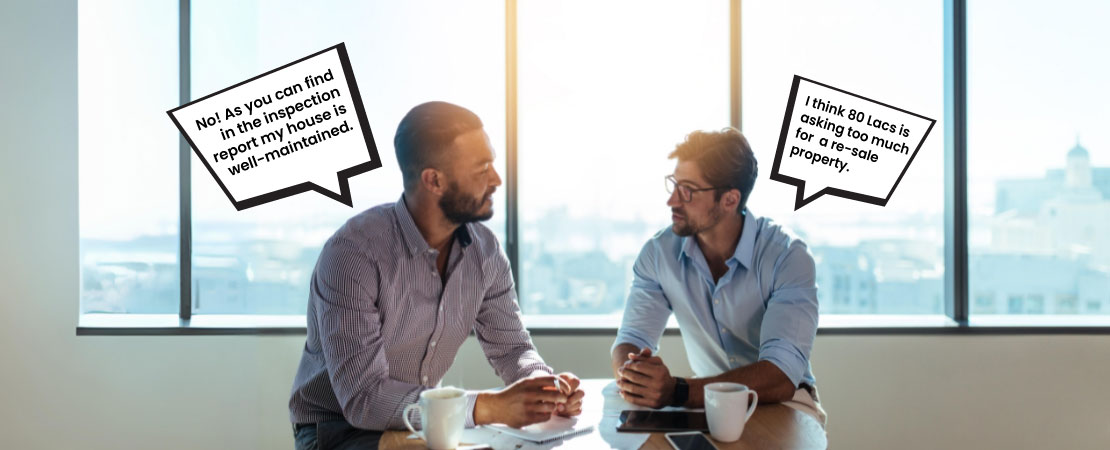Whenever you need to drain the water off your floors, whether it is your bathroom floor or any other wet area of your home,the proper slope at flooring helps to run the water off efficiently. Incorrect floor slope can cause water to run in the wrong direction, instead of gently sloping towards the drain.
Now a question would arise in your mind – ‘What is Slope?’
The Slope of a surface means the surface of which one end or side is at a higher level than another, a rising or falling surface.
When you install tile in wet areas, do you ensure that everything slopes to the drain? If not, let us understand its importance through this content.
Firstly, let us know the areas of home/ office where slope plays a significant role.
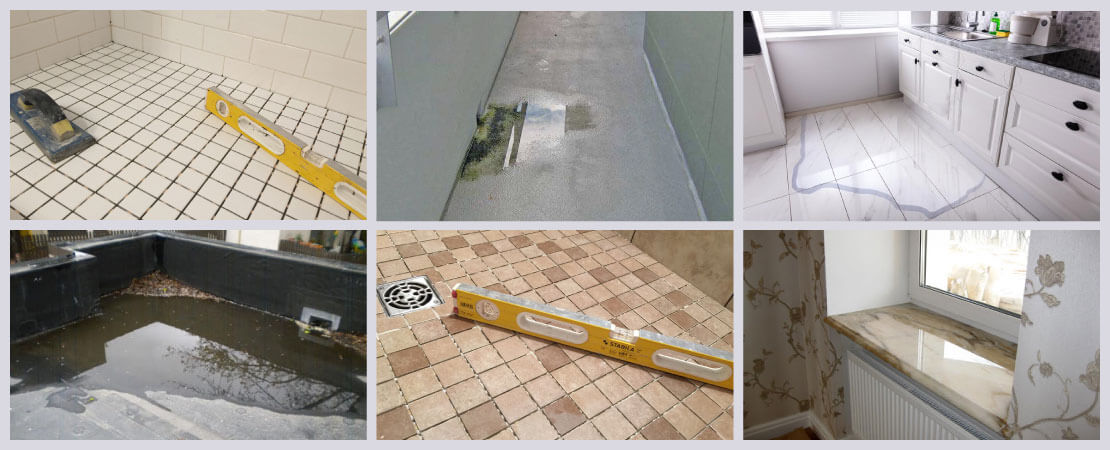
Slope requirement in your home or office
There are floor surfaces in an apartment or home that require slope. Each surface given below needs a different slope:
- Bathrooms
- Balconies
- Kitchen
- Terrace
- Drains & Plumbing lines
Apart from floor surfaces, window sill and chajja also have a slope requirement. But we would be focusing on the slope at flooring. Slope requirement also depends on two factors, click here1 to know more.
Generally, there can be two cases of incorrect slope i.e slope in improper direction and inadequate or insufficient slope.
Let us discuss what problems can occur due to inadequate slope or slope in improper direction at flooring.
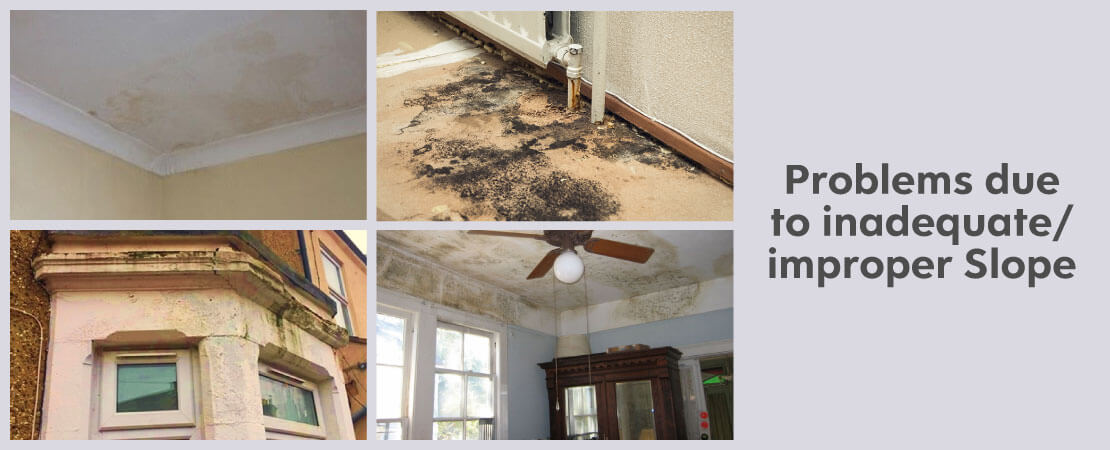
Problems due to inadequate/improper Slope
Due to incorrect slope, floor water will not drain easily through floor drain outlet and will lead to formation of water pocket or accumulation at a corner.
If it is not rectified in time, it can lead to following problems or issues:
- Damp / seepage related issues in the adjacent wall or floor surface
- Fungus issue on floor surfaces
- Strength of Flooring & wall surface will get decreased
- Unhealthy living conditions in the house
- Safety hazard
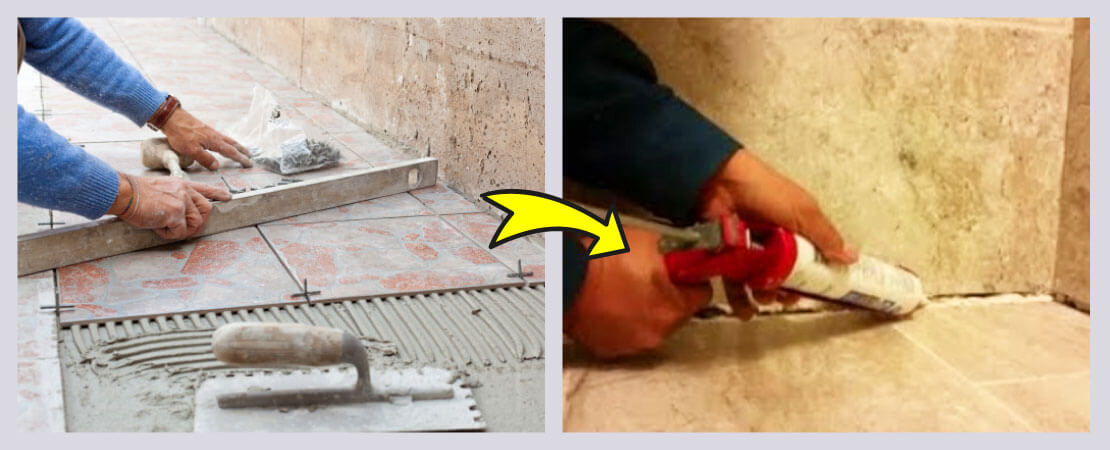
Solution for this issue: We recommend review and if required, floor tiles to be relaid maintaining proper slope towards floor drain outlet and adequate strengthening with requisite type of sealant at floor and wall tile junction.
Ensuring that a proper slope is provided around the drain for water to flow out easily is very important. Good drainage in wet areas like shower area in the bathroom is a key to preventing problems related to damp/moisture, so read content related to recommended slope2 for it by Home guides.
You can also read content on How to slope a floor for drain3.
Lastly, we would like to conclude, Flooring with proper slope is ideal for bathroom floors, balconies terraces etc; floors on which water flows on frequently. You don’t need it much for areas like your living room, drawing room, or any other room that stays dry. The main objective of sloping is to protect the property from damage that is associated with incorrect slope.
We hope this content will be useful in creating awareness about the problems that may arise due to incorrect slope at flooring in wet area.

